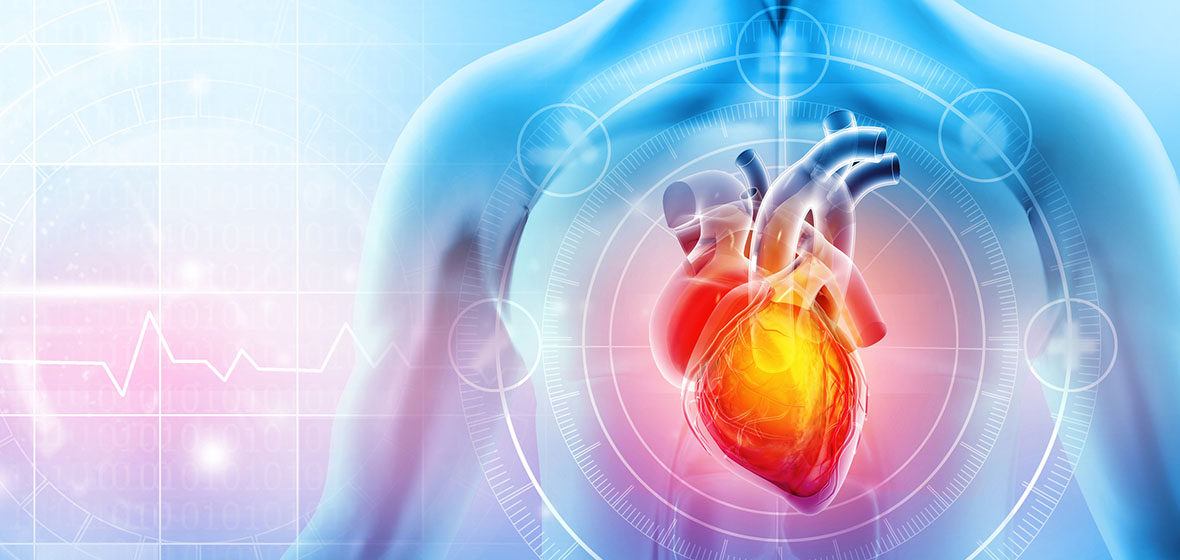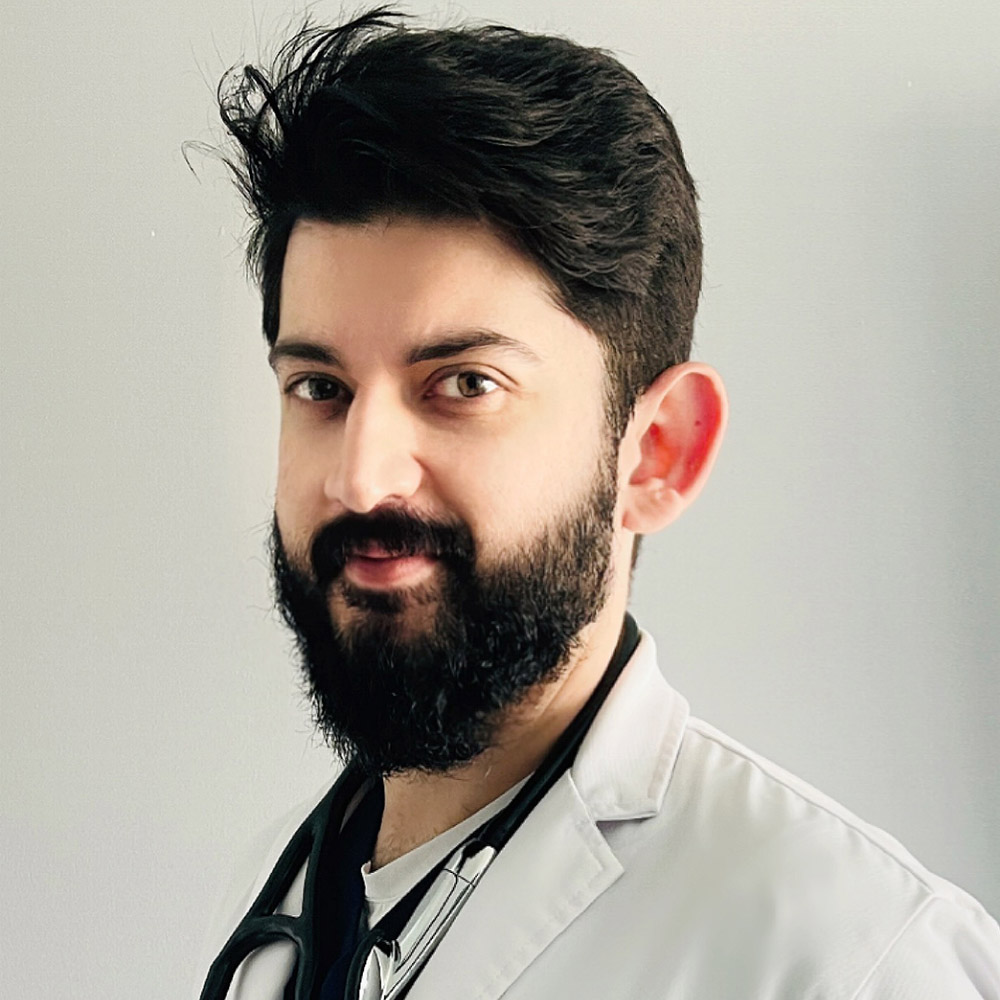
Think of your heart as a pump that supplies blood (and therefore oxygen and nutrients) to your body. When one of the blood vessels that carries blood to the heart gets clogged, it’s like a traffic jam on a highway, and the heart muscle doesn’t get the blood it needs to function. This blockage can happen when fatty deposits, called plaque, build up in your arteries over time.
If the plaque breaks open, a blood clot can form and block the artery. When that part of the heart doesn’t get enough blood, it starts to suffer and can even die. This is what we call a heart attack.
Each year, approximately 1.2 million Americans will suffer from a heart attack. Sadly, one-third of them will pass away. Delaying treatment can lead to heart muscle damage, which can reduce quality of life and enjoyment of physical activities.
Determining whether you are experiencing a heart attack is a critical matter that requires immediate attention. While we can provide some general information, we strongly urge you to seek emergency medical care if you suspect you might be having a heart attack. It’s always better to be safe than sorry when it comes to matters of the heart.
Common Heart Attack Symptoms
Heart attack patients can experience any, multiple or all of the following symptoms:
- Chest Pain or Discomfort: The most common symptom is a feeling of tightness, pressure or pain in the chest. This pain can radiate to the arms, neck, jaw, shoulders or back.
- Shortness of Breath: You may have difficulty breathing or feel like you can’t catch your breath.
- Sweating: Profuse sweating, often accompanied by cold sweats, can occur during a heart attack.
- Nausea or Vomiting: Feeling nauseated and potentially vomiting can be a sign of a heart attack.
- Lightheadedness: You may feel dizzy or lightheaded. Some people who are having a heart attack even faint.
What to Do If You Suspect a Heart Attack
- Call 911: Don’t delay. Dial emergency services immediately if you are experiencing symptoms.
- Take Aspirin: If you have aspirin on hand and are not allergic, chew a regular, uncoated aspirin (usually 325 mg). This can help reduce blood clot formation.
- Stay Calm: Try to remain as calm as possible while waiting for emergency responders.
Prevention is Key
It’s important to note that heart attacks can often be prevented by leading a heart-healthy lifestyle. This includes maintaining a balanced diet, exercising regularly, managing stress, avoiding smoking and moderating alcohol consumption. Regular check-ups with your health care provider can help identify risk factors early.
In summary, if you suspect you might be having a heart attack, do not hesitate. Call for emergency medical assistance immediately.
While it may turn out to be a false alarm, it is always better to err on the side of caution when it comes to matters of heart health. Early intervention can make a significant difference in the outcome and increase the chances of a full recovery.
UofL Health provides some of the best heart doctors in the region as part of UofL Health – Heart Hospital. To learn more about our interventional cardiology services, click here.










